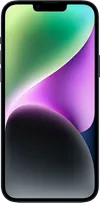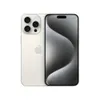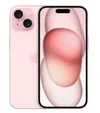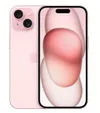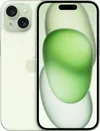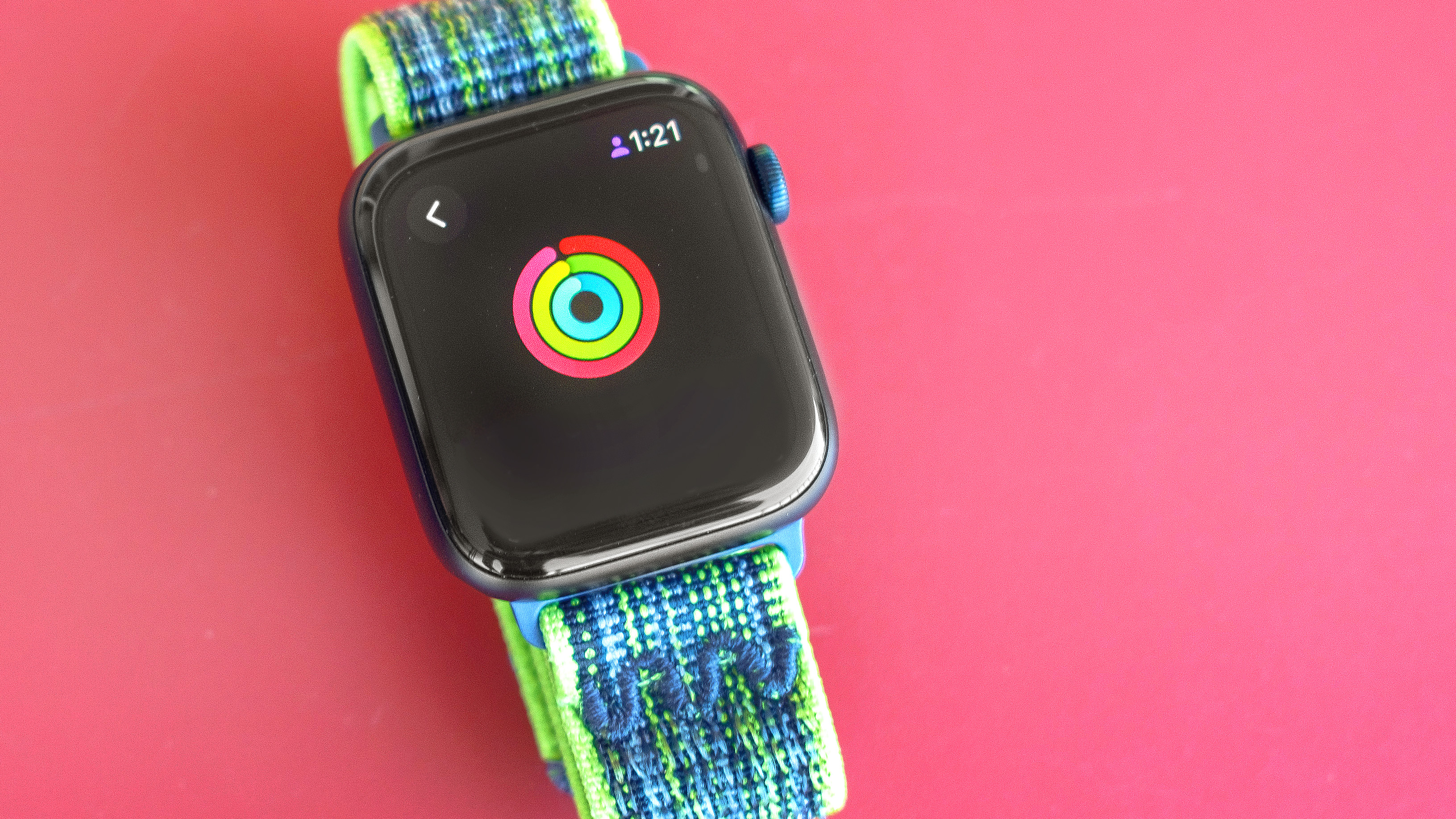Apple vs DOJ: 5 biggest allegations in the antitrust suit
Here's what stands out in the antitrust complaint against Apple
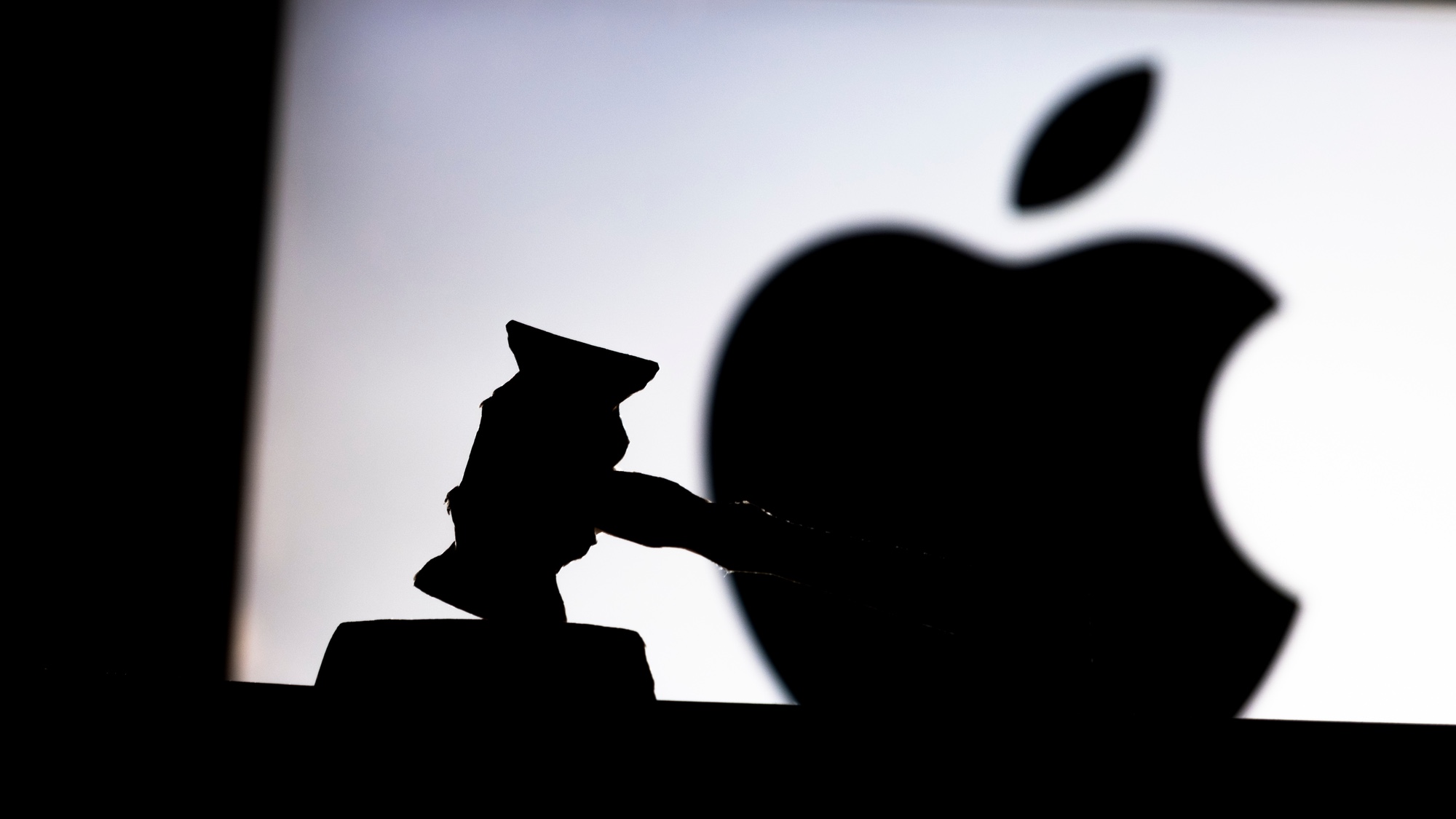
The U.S. Justice Department thinks Apple has a monopoly over the smartphone market with the iPhone and that it's using that position to the detriment of competitors and consumers alike. In an 86-page legal filing, the government spells out the reasons for its antitrust suit against Apple.
The crux of the government's case is this: Apple has used the App Store to stop rival phone makers from better competing for sales. That, in turn, has meant a diminished experience for iPhone owners who are also paying the cost of a less-competitive market.
"Rather than respond to competitive threats by offering lower smartphone prices to consumers or better monetization for developers, Apple would meet competitive threats by imposing a series of shapeshifting rules and restrictions in its App Store guidelines and developer agreements that would allow Apple to extract higher fees, thwart innovation, offer a less secure or degraded user experience, and throttle competitive alternatives," Justice Department lawyers said in the complaint against Apple.
"Rather than respond to competitive threats by offering lower smartphone prices to consumers or better monetization for developers, Apple would meet competitive threats by imposing a series of shapeshifting rules and restrictions in its App Store guidelines and developer agreements."
— U.S. Justice Department
For its part, Apple has denied any wrongdoing, and says it will "vigorously" defend itself. "This lawsuit threatens who we are and the principles that set Apple products apart in fiercely competitive markets," an Apple spokesperson said in a statement provided to Tom's Guide. "If successful, it would hinder our ability to create the kind of technology people expect from Apple — where hardware, software, and services intersect. It would also set a dangerous precedent, empowering government to take a heavy hand in designing people’s technology."
The Justice Department, joined by 16 state attorneys general, wants a judge to agree that Apple is a monopoly and block the company from engaging in what it calls anticompetitive practices. It's unclear what type of punishment that might entail, but options in cases like these include everything from fines to forcing Apple to open up the iPhone to software from outside the App Store.
We've had a chance to read through the antitrust allegations filed against Apple — they're available as a downloadable PDF from the Justice Department. These are the most significant claims in the antitrust case against Apple.
Apple feared middlewear on the iPhone
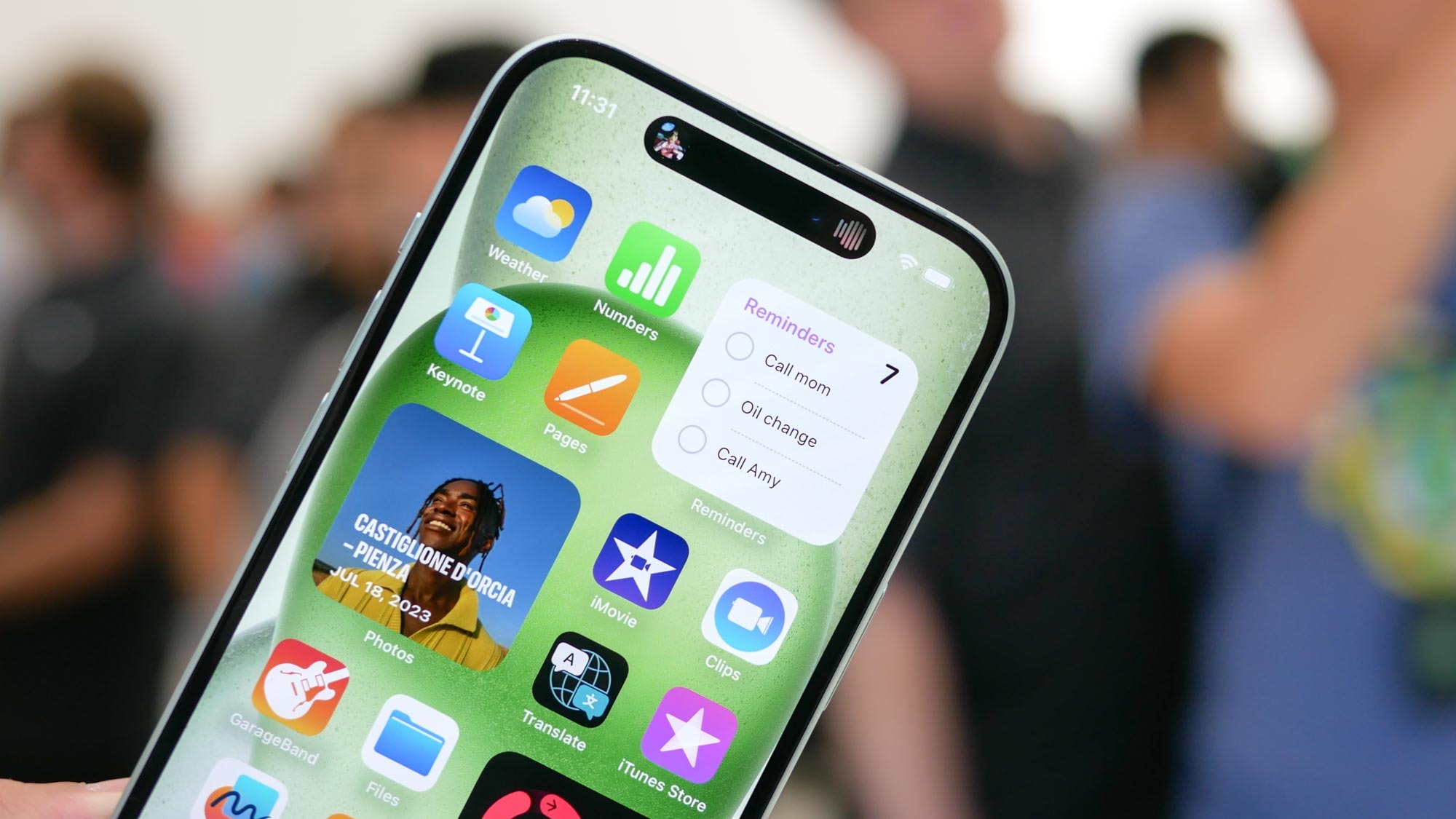
Middlewear describes software that's used to access other apps and services not tied to a particular platform — at least in the context of this lawsuit. And the government contends that Apple wanted nothing to do with middlewear on the iPhone, out of concern that it would diminish users' reliance on Apple's mobile platform.
Sign up to get the BEST of Tom's Guide direct to your inbox.
Get instant access to breaking news, the hottest reviews, great deals and helpful tips.
The suit spells out two types of middlewear in particular — so-called "super apps," which serve as a gateway to a bunch of smaller programs that work across web browsers or other devices, and cloud-based gaming apps. In both instances, Apple is alleged to have put restrictions in place that blocked those kinds of apps from appearing on the App Store.
"Apple created, strategically broadened, and aggressively enforced its App Store Guidelines to effectively block apps from hosting mini programs," the government's filing against Apple reads. "Apple’s conduct disincentivized investments in mini program development and caused U.S. companies to abandon or limit support for the technology in the United States."
As for cloud gaming, the complaint claims that Apple feared cloud-based gaming might convince some iPhone owners to switch to cheaper devices that could run such a game just as well as more sophisticated hardware that comes out of Cupertino. The complaint quotes what appears to be an internal Apple communication that frets someone might buy "a [expletive] Android for 25 bux at a garage sale and . . . have a solid cloud computing device” that “works fine.”
The suit also notes a certain irony in Apple running into issues with middlewear as that's one of the issues where Microsoft ran afoul of antitrust law at the turn of the century. As the suit notes, Apple happened to be a beneficiary of that suit, as it forced Microsoft to offer the developer tools that helped create a Windows-compatible version of iTunes, setting the stage for the iPod's success two decades ago.
iMessages is central to the government's case
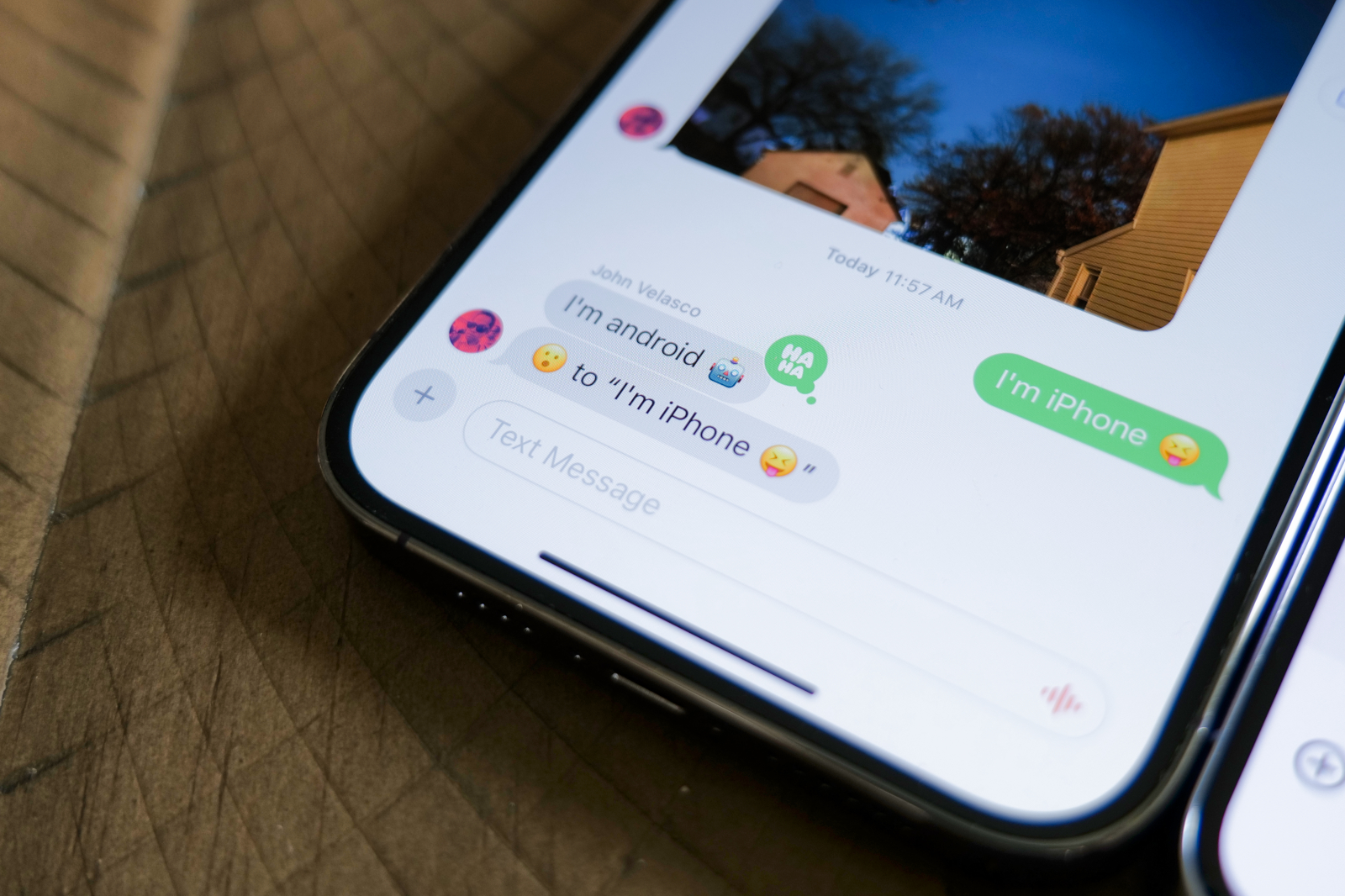
If you don't care for the way Apple handles cross-platform chats, you've got nothing on the Justice Department. The most significant portions of the complaint against Apple cite common criticisms such as text bubbles from non-iPhone users appearing in green, not blue, and users on other platforms experiencing diminished functionality — no encryption, poor video quality and an inability to see typing indicators or edit messages.
By restricting those features, the government argues that Apple is hurting other devices: "This signals to users that rival smartphones are lower quality because the experience of messaging friends and family who do not own iPhones is worse — even though Apple, not the rival smartphone, is the cause of that degraded user experience."
Apple has said that it plans to add support for the RCS messaging standard at some point this year — a feature we're expecting to be part of the iOS 18 update coming in the fall. But the government is unimpressed by this change in policy, as it only applies to the Messages app and won't help third-party chat apps.
Apple's practices make it hard to switch to different phones
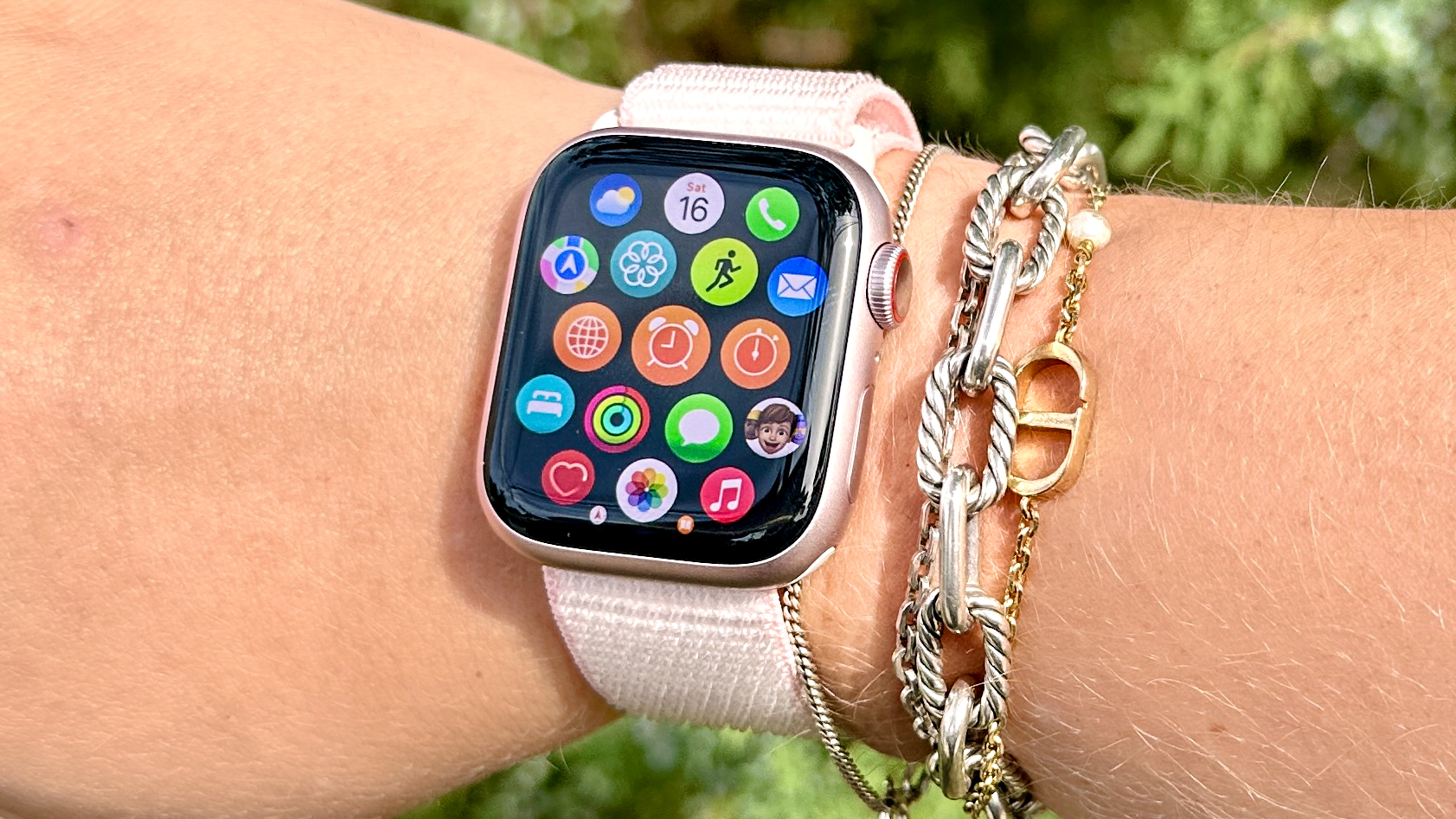
At the heart of the government's complaint against Apple is the assertion that Apple's moves lock customers into the iPhone. It cites two areas where this is particularly prevalent — smartwatches and mobile wallets.
Specifically, the Apple Watch is only compatible with the iPhone — a situation the Justice Department claims exists to help protect iPhone sales. Apple Watch owners are unlikely to switch to Android phones, according to the complaint as that move would also mean buying a new watch.
While third-party smartwatches work with the iPhone too, the government argues that the experience is far from satisfactory. "First, Apple deprives iPhone users with third-party smartwatches of the ability to respond to notifications. Second, Apple inhibits third-party smartwatches from maintaining a reliable connection with the iPhone. And third, Apple undermines the performance of third-party smartwatches that connect directly with a cellular network," the complaint alleges. "In doing so, Apple constrains user choice and crushes innovation that might help fill in the moat around Apple’s smartphone monopoly."
As for digital wallets — apps that let you store payment information among other personal data — the lawsuit contends that Apple used its control over the iPhone platform to essentially block third-party app makers from building their own digital wallets with tap-to-pay functionality. That means that any mobile payments are handled nearly exclusively via the Apple Wallet app.
Apple is throttling innovation
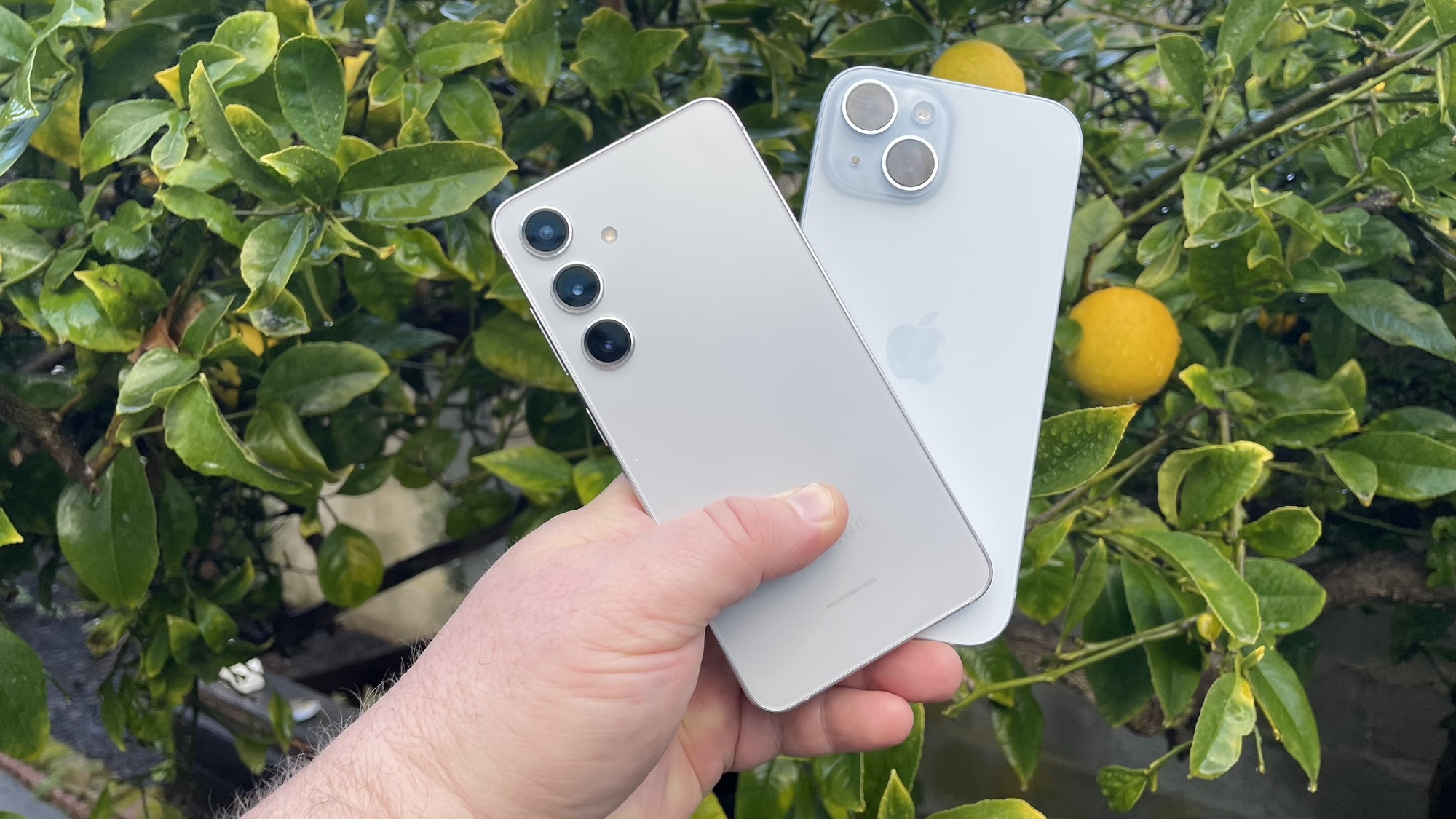
In an allegation that's sure to rankle Apple executives, the Justice Department claims that one of the impacts of Apple's restrictive policies is to block innovative apps from third parties. Using digital wallets as an example, the argument goes that app makers know anything they build won't get approved for the App Store so they don't even bother with developing that kind of software. And, given the reach of the iPhone in the U.S., there's little incentive to develop that app for other platforms as well.
But Apple may be stifling its own innovation, the Justice Department argues. The complaint includes a quote from an executive identified as the vice president of iPhone marketing, talking about dialing back on new capabilities: "I think going forward we need to set a stake in the ground for what features we think are ‘good enough’ for the consumer. I would argue [we're] already doing more than what would have been good enough."
"Anything new and especially expensive needs to be rigorously challenged before it’s allowed into the consumer phone," the executive is quoted as saying.
The government doesn't buy Apple's security argument
Apple has maintained that it exercises strict control over the App Store to prevent malware from finding its way on to iPhones and to cut down on fraud. It's safe to say that the Justice Department does not agree with that claim.
For starters, the complaint notes notes that developers have other ways to sell macOS-compatible software without having to go through an Apple-controlled App Store and that the Mac still offers "a safe and secure experience." Furthermore, the government argues that many of the things Apple restricts — third-party app stores that cater to families, encrypted text messages between Android devices iPhones, and digital wallets that didn't involve a middle man like Apple — would increase iPhone security.
"Ultimately, Apple chooses to make the iPhone private and secure when doing so benefits Apple; Apple chooses alternative courses when those courses help Apple protect its monopoly power," the complaint alleges.
Apple vs. DOJ outlook
It's way too early to say how the antitrust case involving Apple will shake out, and the company will doubtlessly have its own responses to the government's allegations. Still, reading through the complaint against Apple's practices, you certainly wouldn't expect a quick and easy resolution to this case.
More from Tom's Guide
- iPhone vs Android: Which is better?
- RCS is coming to iPhone: 7 changes we want to see
- Epic Games Store coming to iOS and Android in 2024 — here's what we know
Philip Michaels is a Managing Editor at Tom's Guide. He's been covering personal technology since 1999 and was in the building when Steve Jobs showed off the iPhone for the first time. He's been evaluating smartphones since that first iPhone debuted in 2007, and he's been following phone carriers and smartphone plans since 2015. He has strong opinions about Apple, the Oakland Athletics, old movies and proper butchery techniques. Follow him at @PhilipMichaels.

